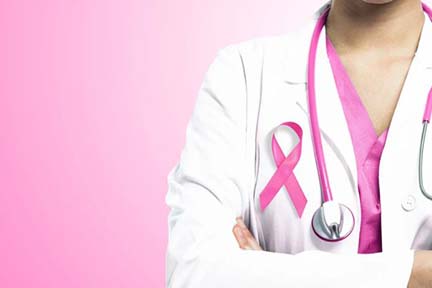Press Release FOR IMMEDIATE RELEASE: April 4, 2024 CONTACT: Chelsea Wuth, 517-241-2112, WuthC@michigan.gov MDHHS reminds Michigan residents to screen for breast cancer at all ages LANSING, Mich. – The Michigan Department of Health and Human Services (MDHHS) is reminding Michigan residents of all ages to perform routine breast health checks and monitor changes in their breasts as part of National Young Cancer Awareness Week. This advice reflects the fact that 9% new breast cancer diagnoses happen in adults under age 45. “If you notice concerning changes in your breast, contact your health care provider,” said Dr. Natasha Bagdasarian, MDHHS chief medical executive. “While changes in breast tissue don’t necessarily mean cancer, it’s important to take a proactive approach to ensure any concerning health issues are caught and treated as early as possible.” Changes to look out for include:
If you find any abnormality, seek medical care as soon as possible. Breast cancer can occur at any age regardless of family history. If you are uninsured or underinsured, contact the Breast and Cervical Cancer Control Navigation Program (BC3NP) for help with follow-up on identified breast changes. The program provides free breast and cervical cancer screening and diagnostic services across the state for low-income individuals. The BC3NP does not pay for cancer treatment, however, women diagnosed with breast or cervical cancer may be eligible for a special Medicaid program that pays for cancer treatment. To learn more about Michigan’s Breast and Cervical Cancer Control Navigation Program, call 844-446-8727 or visit Michigan.gov/BC3NP. For resources in Spanish, call 800-379-1057. For more information on resources for younger adults with breast cancer, visit this webpage. |


